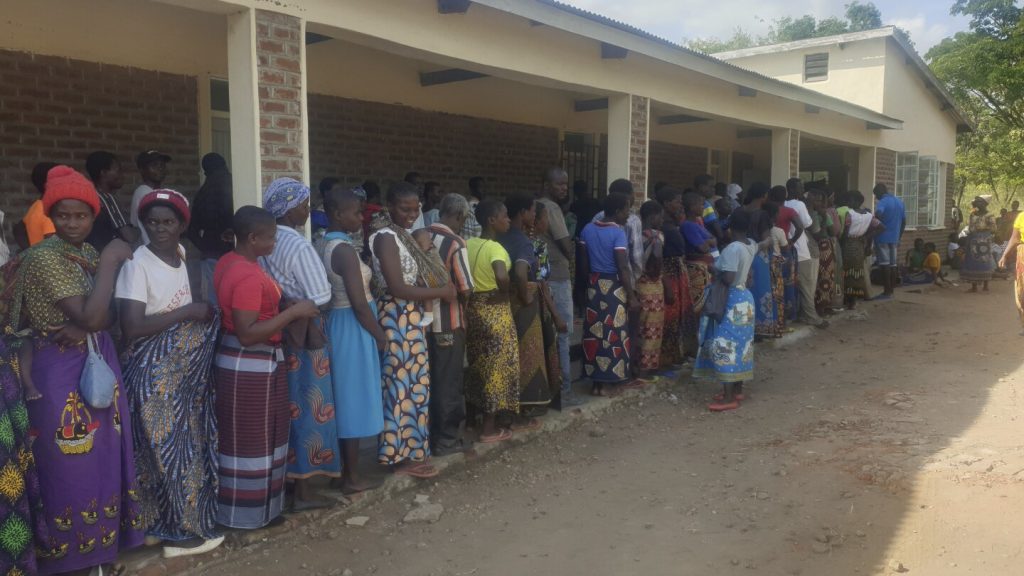The Malawian government has received an insurance payout of $11.2 million for a drought caused by the El Nino weather phenomenon earlier this year. This payout was provided through a drought insurance policy held by Malawi with the African Development Bank and the African Risk Capacity Group. The funds will be used to support food assistance for around 235,000 households in the most affected regions of Malawi, as well as provide direct relief payments to over 100,000 households. Malawian President Lazarus Chakwera described the payout as a lifeline for the vulnerable populations in the country.
The El Nino-induced drought has severely impacted Malawi’s food supply, leading the country to declare a state of disaster earlier this year. Crops have failed across the region due to below-average rainfall experienced between November and April, affecting tens of millions of people who rely on small-scale agriculture for sustenance and livelihoods. The Southern African Development Community (SADC) reported that approximately 68 million people in the region, constituting 17% of the population, are in need of assistance due to the drought. This situation has been described as the most severe drought in southern Africa in over a century by the U.S. Agency for International Development.
At a recent heads of state summit in Zimbabwe, it was revealed that Zambia and Zimbabwe have also declared states of disaster and have requested international aid to address the effects of the drought. Additionally, Mozambique, Zambia, and Zimbabwe are expected to receive drought insurance payouts by September, according to the African Development Bank. Despite these payouts, it is anticipated that the funds allocated will not be sufficient to fully address the humanitarian needs arising from the drought. For example, Zimbabwe is set to receive $31.8 million from the insurance payout, but the government had initially requested $430 million in humanitarian assistance in May.
The drought in Southern Africa is part of a larger regional crisis that has affected several countries beyond Malawi, Zambia, and Zimbabwe. The widespread crop failures and food shortages have placed immense pressure on the affected populations, exacerbating existing challenges in these already vulnerable nations. The international community has been called upon to provide additional support to help these countries navigate through the current crisis and prevent further suffering among the populations. The impact of climate change and extreme weather events like El Nino underscore the need for proactive measures to build resilience in these regions and mitigate the effects of future disasters.


